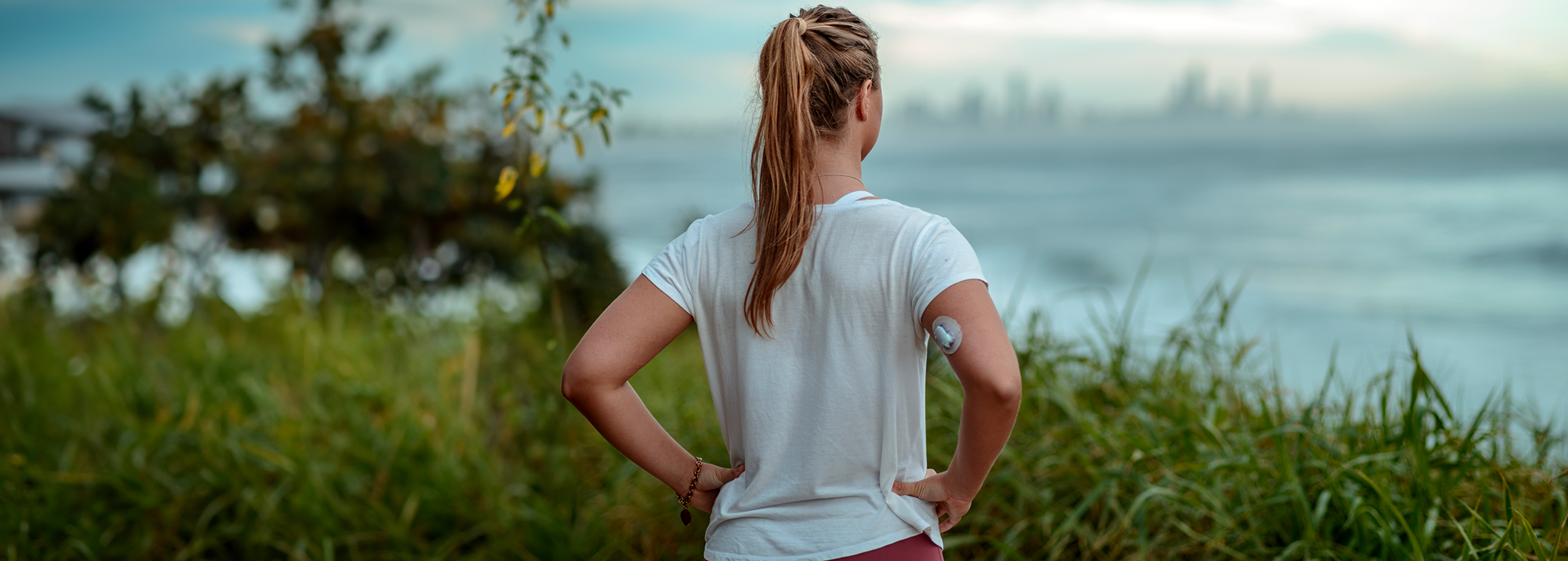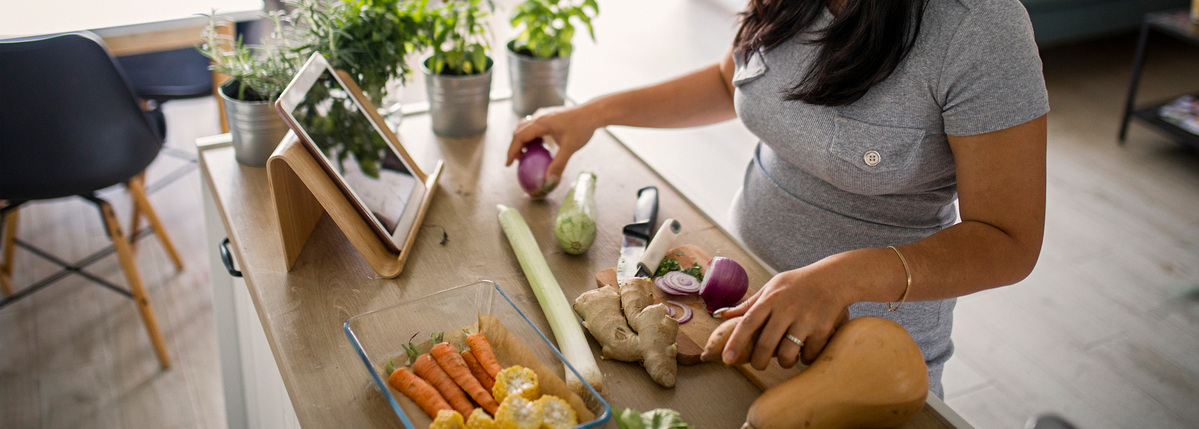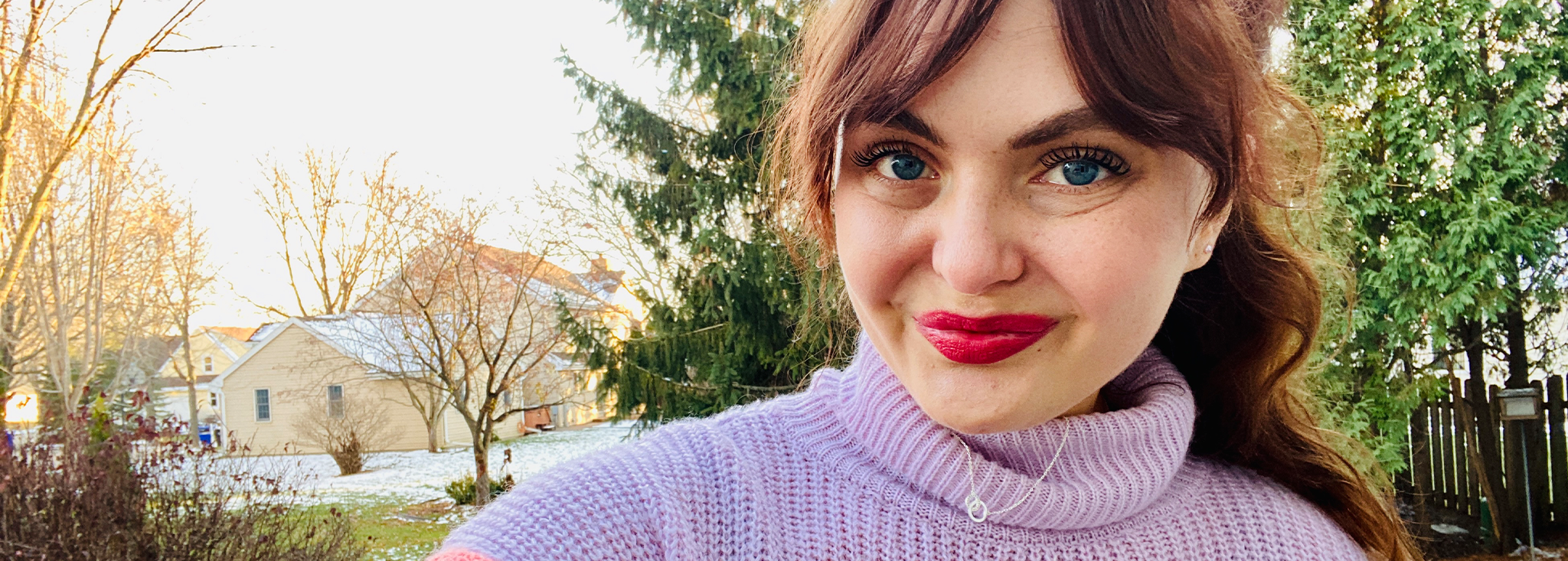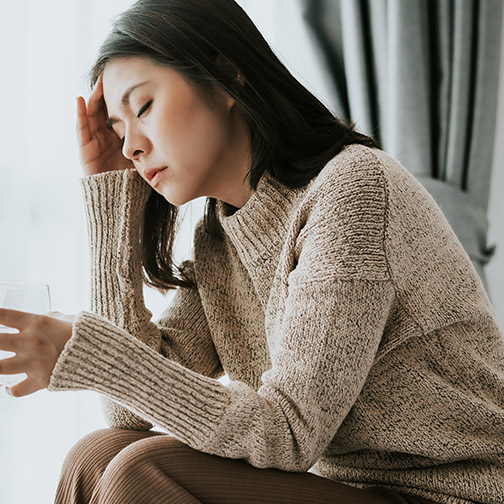Privilege and Type 1 Diabetes
Written by: Erika Arff
4 minute read
January 23, 2019
I want to touch on the topic of privilege and type 1 diabetes. I haven’t publicly talked about this topic a lot because I have fears of painting a picture for a community or group that I do not belong in. We are all responsible, in some way, to learn about and discuss this topic. I used to think it wasn’t my space to discuss because I don’t fully understand the system or dynamic, however each of us should be introduced to the topic so we can better understand our own privilege. This helps us understand how our words, suggestions and comments may come across as close-minded and unrealistic to others.
Before I dig in, I want to add that I am speaking as an able-bodied, cisgender, white woman who comes from a family of moderate wealth. I have some attributions in life that would consider me less privileged than others (i.e. having a chronic disease and being a woman) but for the most part, I am pretty far up there. I also would like to add that I am speaking on behalf of my own experiences and how I interpret the topic. These are my assumptions and my personal reflections of how I am seeing this topic presented in our online diabetic community.
Getting into it
I recently posted about privilege and the topic of exercise and health culture. I got into a pretty heated conversation with a follower of mine when our conversation took a turn from nutrition and exercise to type 1 diabetes (T1D) and privilege. The post was something along the lines of addressing that a lot of health care professionals and people online will quickly suggest that making small changes will result in big results however those changes may not be obtainable or realistic to others. My follower had suggested that she didn’t see her chronic disease (aka type 1 diabetes) as something that makes her less privileged and that with her proper education, she has been able to maintain amazing health all while exercising, eating vegan-based foods, handling stresses of college and everyday adult duties.
I want to break this assumption down more clearly because I see it so often online and it is totally fair to have this view. However…
Where we live has a lot to do with how much health care we are able to obtain. Living in a country like Canada with “free” health care reduces financial burden immensely. If you do not have to pay for your supplies, you are automatically going to be at a higher privilege than those who have to pay out of pocket. You will likely never worry about running out of your life-saving medication. You do not have to claim your disease to your insurance company to get another vile of medicine and you do not have to limit your medication if you start to run out of it. Let that thought sink in.
For many, living in a country with free education and university means you have resources to gain knowledge about the world and your diabetes. You do not have to pay extreme premiums to learn how to read or utilize online articles. You do not have to choose a university or college based on how much you can afford at the age of 17/18. You are able to finish college without the heavy burden of owing thousands of dollars for the next 50 years.
On the topic of nutrition, eating plant-based is an extreme privilege and should not be talked about without acknowledging that. Some do not live in areas with fresh produce, some do not have the money to afford the ever increasing prices for produce ($2 for a cucumber?), and some are not able to choose what they are given to eat. We often place judgement on people who eat foods that are not nutritionally dense however we forget to recognize that for ample reasons, these foods are not as practical for some individuals.
Lastly, being able-bodied enough to exercise with proper dosing of insulin is a privilege in and of itself. When we are able-bodied, we sometimes forget that not all bodies are. I want to add that it’s okay to forget—I sometimes forget that not everyone can hear my Instagram stories or read my captions—I am working on this personally. Having the technology to decrease and limit insulin dosages for a small amount of time is not considered a basic human right, but rather a luxury. An education to read and learn how to endure trial and error with your technology and body is a privilege on its own as well.
I wanted to talk about this because these are assumptions and suggestions I see often in the online community regarding “better” care—and I respect the fact that for that individual, those changes were doable or maintainable. But for many, these are not realistic lifestyle choices that all can afford to make. Some cannot afford to join our online conversations.
Where can we go from here?
I always hate those articles that tell you the problem but don’t offer the solution… So here are some very simple things you can do in your day-to-day life to practice recognizing privilege:
- Take a look at your life. How easy is it for you: to get your medication? To test your blood sugar level? To reach out online for help? To get a job? To get to work? To workout? To eat a nutrient dense meal? To buy something online? To see a doctor?
- Talk to people within your community. Follow people from our online community who might be different than you—someone from another country, someone with a second chronic disease, someone who belongs to the LGBTQ+ community, someone of a different race or gender, someone older, someone younger. Listen to their story. Ask appropriate questions, ask them if they feel heard. Support and share their voice if someone needs help doing so.
- Follow accounts that make you uncomfortable. You 100 percent read that right. Follow people who make you think about someone other than yourself. It is important to respect that not everyone experiences life in the ways you do.
I hope that this made you realize how important it is to learn from others in our community who you may not identify with. I hope you stopped once while reading this to think about an experience of privilege that you might have had. I hope you feel hopeful that with a small amount of attention, you can make a lot of difference in our world!
You’ve got this,
XO Erika

Author
Erika Arff
Erika Arff is a Canadian health coach who just launched The Confidence Klinik. She has type 1 diabetes (T1D) and wants to support others who live with it, knowing how lonely of a disease it can be. You can find her on Instagram @theconfidenceklinik and @erikaarff and her inbox is always open: [email protected].
Related Resources

We’re inundated with messaging about “mindfulness” in our culture. Sometimes it seems to refer to...
Read more

There is no doubt that food plays a crucial part in overall type 2 diabetes...
Read more

The start of a new year inspires many of us to re-evaluate our lives—our goals,...
Read more

